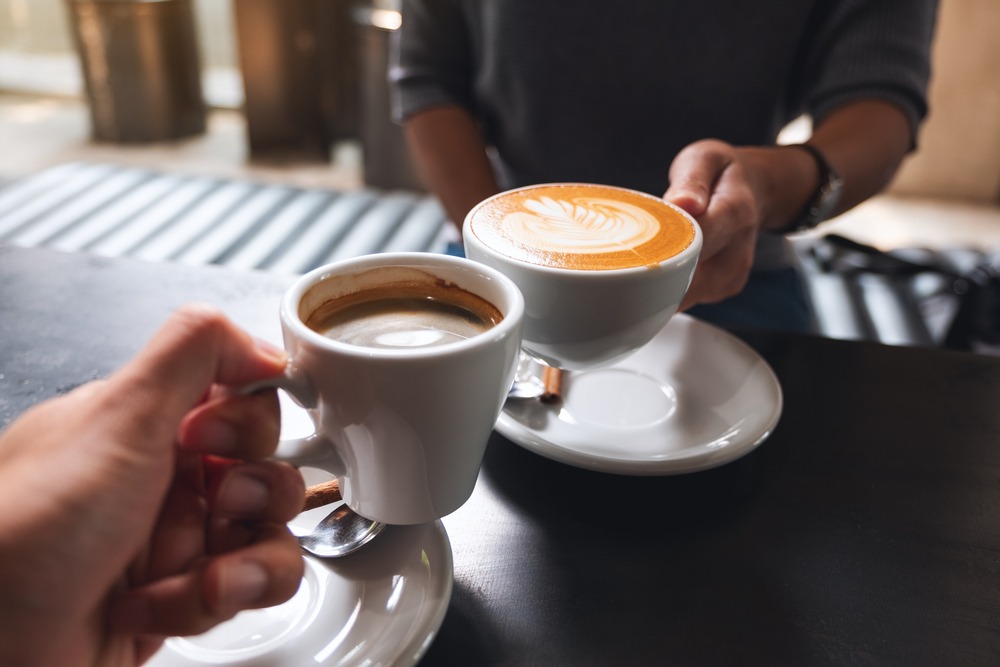Let's Talk
+1 (206) 937-3450
+1 (206) 937-3450

It has been argued since long which one is better, coffee or tea and both beverages have a strong cultural as well as personal attachment in the lives of people across the globe. Tastes are usually influenced by custom, culture, health beliefs and even climate. Some people find the strong taste of coffee and its stimulating quality to be their beverage of preference whereas others prefer the relaxing ceremony of tea. Even the type of beans used matters- some people search the Best Coffee Beans to get the highest flavor. Such websites as beans for sharing delve into these distinctions, at the same time providing an insight into the drink trends and preferences around the world.
A significant element of influence on beverage choice is the cultural upbringing and regional tradition. Such countries as the United Kingdom, India, or China cannot imagine their life and social customs without tea.It is usually consumed during meals, or shared with the visitors, or utilized as part of the ritual. Quite on the contrary, coffee is a fundamental element of the western culture, especially in nations like the United States, where it is linked with productivity and morning routine.Such cultural variations form early exposure which tends to become a lifetime preference.
The choice of beverage is greatly affected by psychological aspects and day to day activities. Coffee has been associated with being alert, efficient and leading a fast paced life. It is connected in the minds of many with morning routine, workplace efficiency and cafe society. The iconic notion of every beverage can strengthen the liking with a passage of time depending on the compatibility with the way of life.
There are also tea and coffee decisions which are made due to health consciousness and dietary aspirations. Tea lovers may enjoy the fact that tea contains less caffeine, is full of antioxidants, and there are many various combinations of herbs.. The consumers of coffee may opt to take the drink due to its metabolism-enhancing properties or to experience mental alertness. It can also be a matter of choice depending on preexisting conditions. One drink might be easier on the stomach than the other due to acid reflux or high blood pressure issues. Such reflections usually influence the coherent beverage behavior.
The preference of the beverages can also be influenced by their accessibility and affordability. Fresh leaves and herbal infusions are more available and less expensive in tea-producing countries. Coffee, and particularly, specialty coffee can be regarded as a luxury good. On the other hand, where the coffee economy is high, local roast is more readily available and less expensive than imported tea. The background of the economy and local agriculture are both huge factors in the development of early life habits and lifelong decisions.
Beverage choices are often inherited or inculcated at a very early age within a social setting. When a household drinks tea on a regular basis. Then the chances that the children will become tea drinkers also rises. Likewise, coffee breaks which are encouraged in workplaces also shape adult habits and can inculcate a liking of coffee through frequency. Once these patterns are established they can be supported though emotional association, and habit. In the long run, these influences are implemented in his or her daily routine and identity forever.
The rich and roasted flavor of coffee is enjoyed by some people but others find it bitter. Tea has a wider range of tastes, with earthy green to fruity herbals. The process of making coffee sometimes demands machines or special equipment whereas tea is relatively easier to make. The number of choices one can make in both drinks is enormous. And thus, individuals can do experiments and identify a taste composition and a preparation style that they like the most.
The coffee versus tea issue is influenced by a complicated combination of biological, cultural, psychological and social reasons. Whether due to childhood exposure or health requirement, lifestyle or economic accessibility, the causes are as different as the people. Some people are drawn to the boldness and energetic state that coffee brings. Whereas others enjoy the subtlety and relaxational state that tea brings. The analysis of such preferences may provide a chance to get an insight into more global issues of human behavior and cultural identity without declaring superiority of one of the drinks over another.
+1 (206) 937-3450
tony@pugetground.com